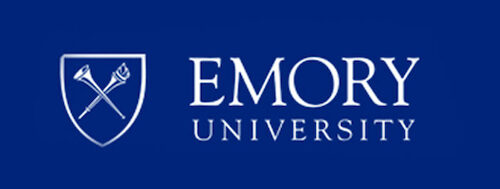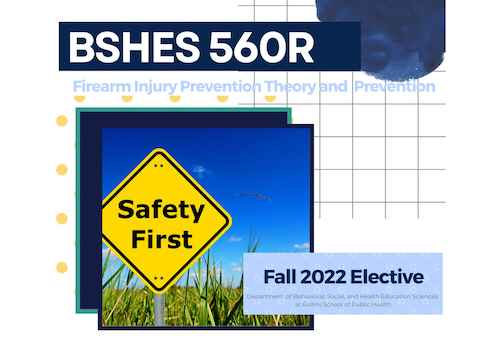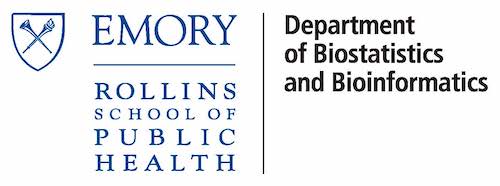The Master’s in Development Practice (MDP) Program is a Laney Graduate School program that welcomes all students in course offerings as space is available. They have reserved five spaces in each MDP offering for RSPH students. Please see below should you be interested in learning more about the courses. Should you have questions about whether any of these classes can be applied towards your degree, please email your ADAP.
If you are interested in enrolling in one or more courses please do the following prior to July 15:
1) Check that there is not a course conflict between your current registration and the MDP course you are interested in being enrolled in. Alternately, if there is, by indicating your interest, you are noting you would drop the course that is the conflict should enrollment in the MDP course be available.
2) Email Rebeca Quintana (rebeca [dot] quintana [at] emory [dot] edu), MDP Program Administrator, with the following information:
· EMPL ID
· Course Number/Name you are interested in enrolling
· Grading Status you are requesting (i.e. graded, S/U, etc.)
The MDP program will begin offering seats to students on August 1 and will maintain a waitlist until the start of class. For any questions about the courses, please email Rebeca Quintana directly.
FALL 2021 SPECIAL TOPIC COURSES OPEN TO NON-MDP STUDENTS
MDP 585R: Special Topics – Elements of Advocacy
Instructor: Ed Lee III
- Credits: 2
- Class number: 5376
- Enrollment minimum: Eight
- Enrollment limit: 5 – A waiting list will be maintained for excess enrollment requests
- Grading basis: Letter grade or S/U
- Meeting dates: August 26th – December 2nd
- Meeting day, time, method: Thursday, 6:00pm – 8:00pm, in person
The quest for cultural, political, and social change requires an understanding of the various components that comprise advocacy. Effective decision-making and leadership require an understanding of argumentation and advocacy. This is particularly the case for heterogeneous organizations and communities. In addition to exploring the element of effective advocacy, the course will equip students with the skills to analyze audiences and construct compelling arguments for change.
MDP 585R: Special Topics – Identity, Development, and Social Change
Instructor: Ms. Candace Stanciel
- Credits: 1
- Class number: 5363
- Enrollment minimum: Four
- Enrollment limit: 20 – a waiting list will be maintained for excess enrollment requests
- Grading basis: Letter grade or S/U
- Meeting dates: October 14th – December 2nd
- Meeting day, time, method: Thursday, 12:00pm – 2:00pm, in person
For individuals seeking to drive social impact and the mission-driven organizations they work and serve within, understanding the challenges and opportunities related to equity, diversity and inclusion (EDI) is a critical need and skill. Identity, Development and Social Change will help leaders interested in philanthropy and social change develop a greater understanding of identity and its impact on their personal and professional development, highlight ways to operationalize equity inside organizations and provide opportunities to apply models for solutions to challenges they are observing in the field. This course seeks to lift critical issues that intersect with EDI such as program design and development, data and measurement, theories of change, coaching across difference, stakeholder engagement and fundraising to understand what’s possible in the ways we both understand and practice social change.
MDP 585R: Special Topics – Organization & Management: Social Sector
Instructor: Mr. Randy Martin
- Credits: 1
- Course number: 5362
- Enrollment minimum: Four
- Enrollment limit: 5 – A waiting list will be maintained for excess enrollment requests
- Grading basis: Letter grade or S/U
- Meeting dates: August 26th – October 7th
- Meeting day, time, method: Thursday, 12:00pm – 2:00pm, in person
This course will introduce you to many of the most important concepts of organization and management within the context of the evolving role that nonprofits and other purpose-based organizations play in delivering social impact. Today’s successful leaders – whether in for-profit or nonprofit organizations – need to understand not only business issues but must also grasp concepts related to organizational effectiveness and people dynamics.
This course is designed to increase your understanding of those factors and dynamics that affect the performance of organizations and, as a result, enhance your ability to operate effectively – as a participant and leader — in socially complex environments. Some of the topics we will explore include: systems thinking and the dynamics of human systems; historic roots of the nonprofit sector and intrinsic creative tensions in philanthropy; governance models (traditional and hybrid) and the emergence of purpose-based organizations; the importance of mission and adaptive
strategy; and organization concepts and practices around issues such as leadership, human capital, DEI (diversity, equity, and inclusion), and culture.
This course uses a combination of readings, lectures, visiting speakers, videos, exercises, cases, individual and team assignments, and class discussion. The readings and videos will introduce key concepts and ways of thinking about common situations in complex organizations. Case studies and class exercises will provide opportunities both to apply theories, concepts, and research findings and to help you proactively identify and address organizational issues. The
written assignments are designed to help you consolidate your insights and develop your analytical skills. Finally, guest lecturers will be active in the social sector and provide a pragmatic, real-life context to bring many of the concepts to life.









Recent Comments